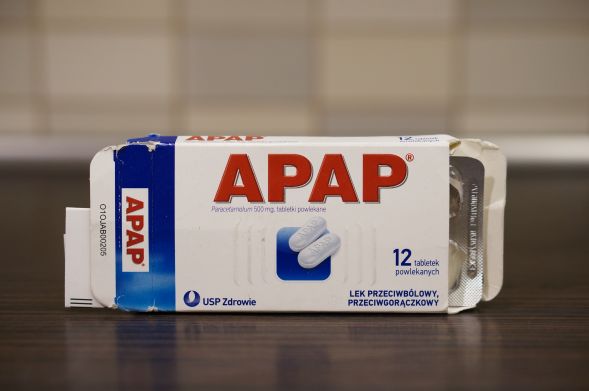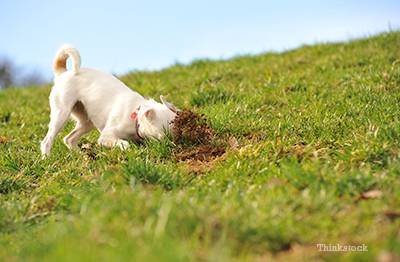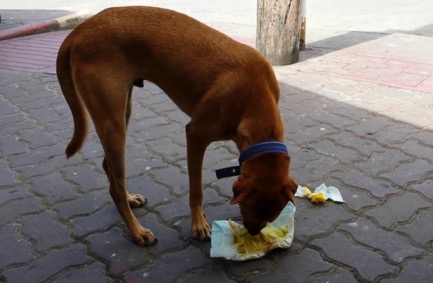Pain is a common problem that most of us deal with at some point. When we have a headache, muscle aches, or toothaches, many of us may reach for a medicine such as Apap. If you have a dog, he may be pretty curious about this “snack” you’re eating! So, he may choose to help himself to the medication. But what happens if a dog eats Apap?
Connect with a verified veterinarian in minutes. Licensed vets are available 24/7 to answer your questions. No need to worry about your furry family member.
Has your dog eaten Apap? Are you worried that Apap will make your dog sick? If so, you’ve come to the right place. We understand it can be scary when something like this happens.
We’ve gathered information about Apap and whether it can make a dog sick. Let’s get started!

What is Apap?
Apap, also referred to as acetaminophen, is an OTC medication used to treat fever and minor to moderate pain. Apap can be used to treat headaches, toothaches, osteoarthritis, cold/flu, and more.
This medication comes in different forms, including tablets, capsules, liquids, and more.
While this medication is safe for humans (when used as directed), what about dogs? What happens if a dog eats Apap?
Apap & Dogs
Unfortunately, Apap can make dogs very sick. It can be very toxic to dogs and cause liver damage, decrease in red blood cells, and more.

Review symptoms, medications & behavior to keep your pets healthy with a Vet Online in just minutes.
Ask a Vet Live NowSymptoms of Apap Toxicity in Dogs
- Panting
- Vomiting
- Excessive drooling
- Rapid breathing
- High heart rate
- Depression
- Weakness
- Abdominal pain
- Refusing to eat
- Brown or blue mucus membranes
- Swelling of the face, paws, and forelimbs
- Jaundice
- Dark urine
- Discolored stools
- Enlarge abdomen
- Increased drinking & urination
These symptoms may appear within 1-4 hours after a dog eats Apap.
If your dog shows any of these symptoms, call the vet immediately. This is an emergency.
Treatment of Apap Toxicity in Dogs
The vet will work to decontaminate your dog’s system by inducing vomiting and activated charcoal. These methods remove the medication from your fur baby’s body and keep his system from absorbing more Apap.
The vet will also treat your canine companion for other symptoms as they arise. In most cases, your fur baby will need to be hospitalized until he’s in stable condition. Part of his treatment may also include N-acetylcysteine (NAC). Other treatments may include IV fluids, vitamin C, liver protectants, and more.
The prognosis is best for dogs who receive prompt treatment of Apap toxicity. In the future, it’s best to keep Apap and other medications out of your dog’s reach. You’ll both be happier for it!
Connect with a verified veterinarian in minutes. Licensed vets are available 24/7 to answer your questions. No need to worry about your furry family member.

Julie
Julie is a graduate of the University of North Carolina, Wilmington, where she studied Animal science. Though contrary to the opinion of her parents she was meant to study pharmacy, but she was in love with animals especially cats. Julie currently works in an animal research institute (NGO) in California and loves spending quality time with her little cat. She has the passion for making research about animals, how they survive, their way of life among others and publishes it. Julie is also happily married with two kids.
Review symptoms, medications & behavior to keep your pets healthy with a Vet Online in just minutes.
Ask a Vet Live Now




